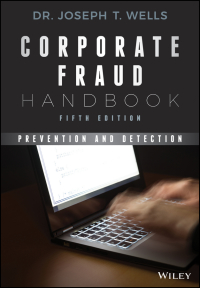Question
E3-10 (Algo) Analyzing the Effects of Transactions in T-Accounts and Computing Cash Basis versus Accrual Basis Net Income LO3-3, 3-4 Skip to question [The following
E3-10 (Algo) Analyzing the Effects of Transactions in T-Accounts and Computing Cash Basis versus Accrual Basis Net Income LO3-3, 3-4
Skip to question
[The following information applies to the questions displayed below.]
Stacey's Piano Rebuilding Company has been operating for one year. At the start of the second year, its income statement accounts had zero balances and its balance sheet account balances were as follows:
| Cash | $ | 6,200 | Accounts payable | $ | 9,000 |
| Accounts receivable | 30,700 | Unearned revenue | 2,940 | ||
| Supplies | 1,530 | Long-term note payable | 47,800 | ||
| Equipment | 10,300 | Common stock | 1,540 | ||
| Land | 8,100 | Additional paid-in capital | 6,160 | ||
| Building | 26,500 | Retained earnings | 15,890 | ||
|
| |||||
- Rebuilt and delivered five pianos in January to customers who paid $18,400 in cash.
- Received a $500 deposit from a customer who wanted her piano rebuilt.
- Rented a part of the building to a bicycle repair shop; received $850 for rent in January.
- Received $8,000 from customers as payment on their accounts.
- Received an electric and gas utility bill for $510 to be paid in February.
- Ordered $900 in supplies.
- Paid $2,040 on account in January.
- Received from the home of Stacey Eddy, the major shareholder, a $990 tool (equipment) to use in the business in exchange for 100 shares of $1 par value stock.
- Paid $14,400 in wages to employees who worked in January.
- Declared and paid a $2,000 dividend (reduce Retained Earnings and Cash).
- Received and paid cash for the supplies in (f).
E3-10 Part 3
3. Using the data from the T-accounts, amounts for the following at the end of January of the second year, were:

Step by Step Solution
There are 3 Steps involved in it
Step: 1

Get Instant Access to Expert-Tailored Solutions
See step-by-step solutions with expert insights and AI powered tools for academic success
Step: 2

Step: 3

Ace Your Homework with AI
Get the answers you need in no time with our AI-driven, step-by-step assistance
Get Started


